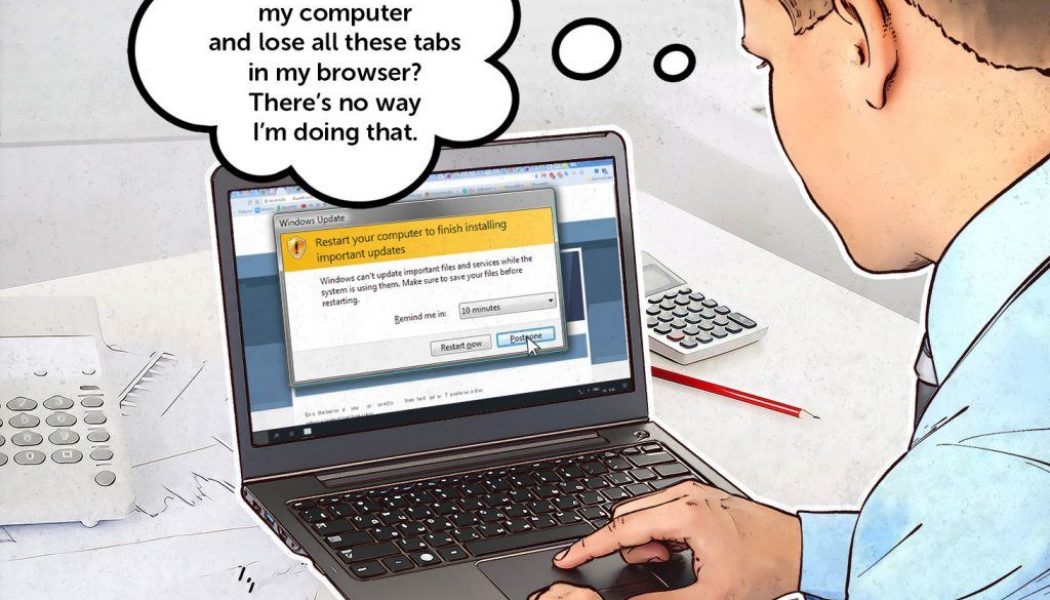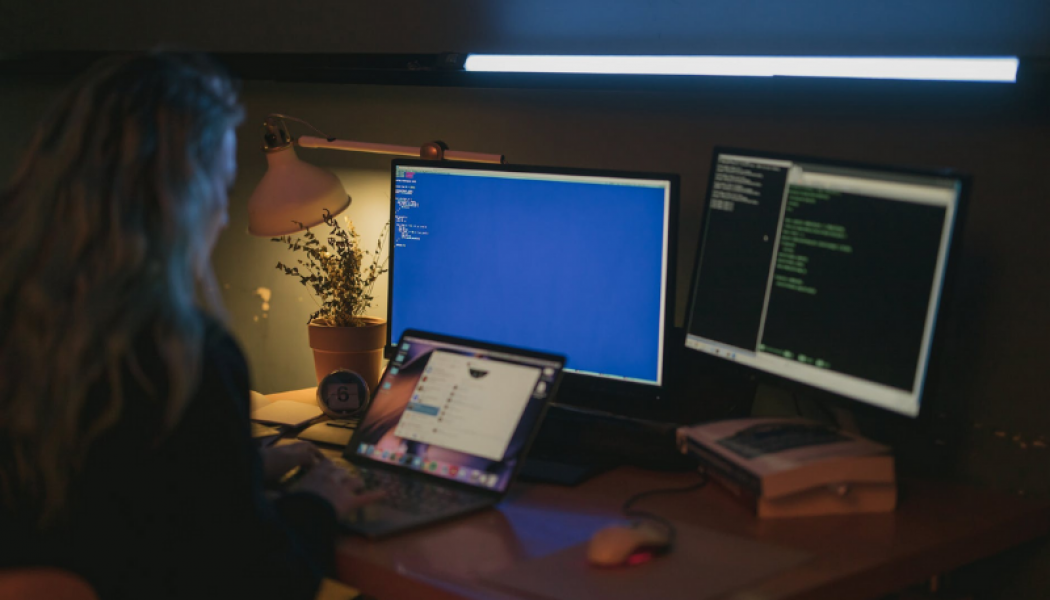African Cybercrime
Cybercrime has Increased by 33%, Report Shows
The 100 Days of Coronavirus report – published by Mimecast – shows that the volume of malicious and opportunistic cybercrime has increased significantly by 33% in the period January to March 2020. The new report has found that in the period January to March 2020 monthly volumes of: Spam and opportunistic cybercrime detections increased by 26.3%, Impersonation fraud detections increased by 30.3%, Malware detections increased by 35.16%, and Blocking of URL clicks increased by 55.8%, meaning people are more likely now to click on unsafe links than before the outbreak. Over the months of February and March, as South Africa reported its first case and moved swiftly into lockdown, the Threat Intelligence Team saw dramatic increases in cyberattacks in Sub-Saharan Africa. Carl Wearn, Head of E-Cri...







